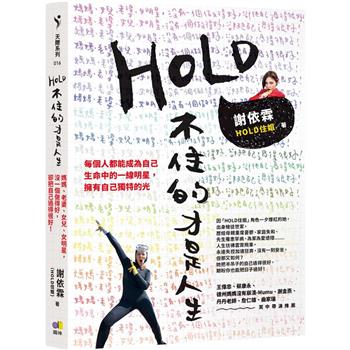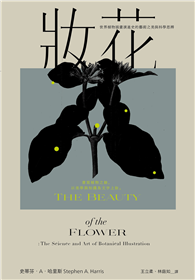| FindBook |
有 1 項符合
Globalization: A Short History of the Modern World的圖書 |
 |
Globalization: A Short History of the Modern World 作者:Nester,William R. 出版社:Palgrave Macmillan 出版日期:2011-01-19 語言:英文 規格:精裝 / 14.6 x 21.6 x 1.3 cm / 普通級 |
| 圖書館借閱 |
| 國家圖書館 | 全國圖書書目資訊網 | 國立公共資訊圖書館 | 電子書服務平台 | MetaCat 跨館整合查詢 |
| 臺北市立圖書館 | 新北市立圖書館 | 基隆市公共圖書館 | 桃園市立圖書館 | 新竹縣公共圖書館 |
| 苗栗縣立圖書館 | 臺中市立圖書館 | 彰化縣公共圖書館 | 南投縣文化局 | 雲林縣公共圖書館 |
| 嘉義縣圖書館 | 臺南市立圖書館 | 高雄市立圖書館 | 屏東縣公共圖書館 | 宜蘭縣公共圖書館 |
| 花蓮縣文化局 | 臺東縣文化處 |
|
|
圖書介紹 - 資料來源:博客來 評分:
圖書名稱:Globalization: A Short History of the Modern World
內容簡介
'International politics began with the emergence of the first organized states thousands of years ago. Global politics is more recent--it appeared about five centuries ago when the European powers began to mesh the world's far corners together through conquest and trade. Today we live on a planet characterized by globalization or the ever more complex economic, cultural, technological, and environmental interdependence among all people everywhere. Until recently globalization's development was slow. Although countries increasingly traded, allied, and negotiated with each other, the divisions among them far outweighed the ties, and nations often settled their conflicts with war or the threat of war. However, since 1945, despite or more likely because of the 'Cold War,' globalization has developed rapidly and profoundly. Today all humans are formally tied to all others through their country's membership in the United Nations and numerous other international organizations, along with the immediate benefits of global trade, telecommunications, travel, and the internet. Yet globalization has a dark side--it destroys as well as creates jobs, wealth, and lives, while every human lives under the shadow of potential nuclear and ecological extinction. How did humanity reach a stage of history so filled with such an array of prospects and perils? Globalization: A Short History of the Modern World explores that all powerful force for good and evil from the Renaissance through today and beyond'--
|










